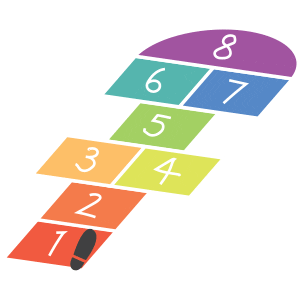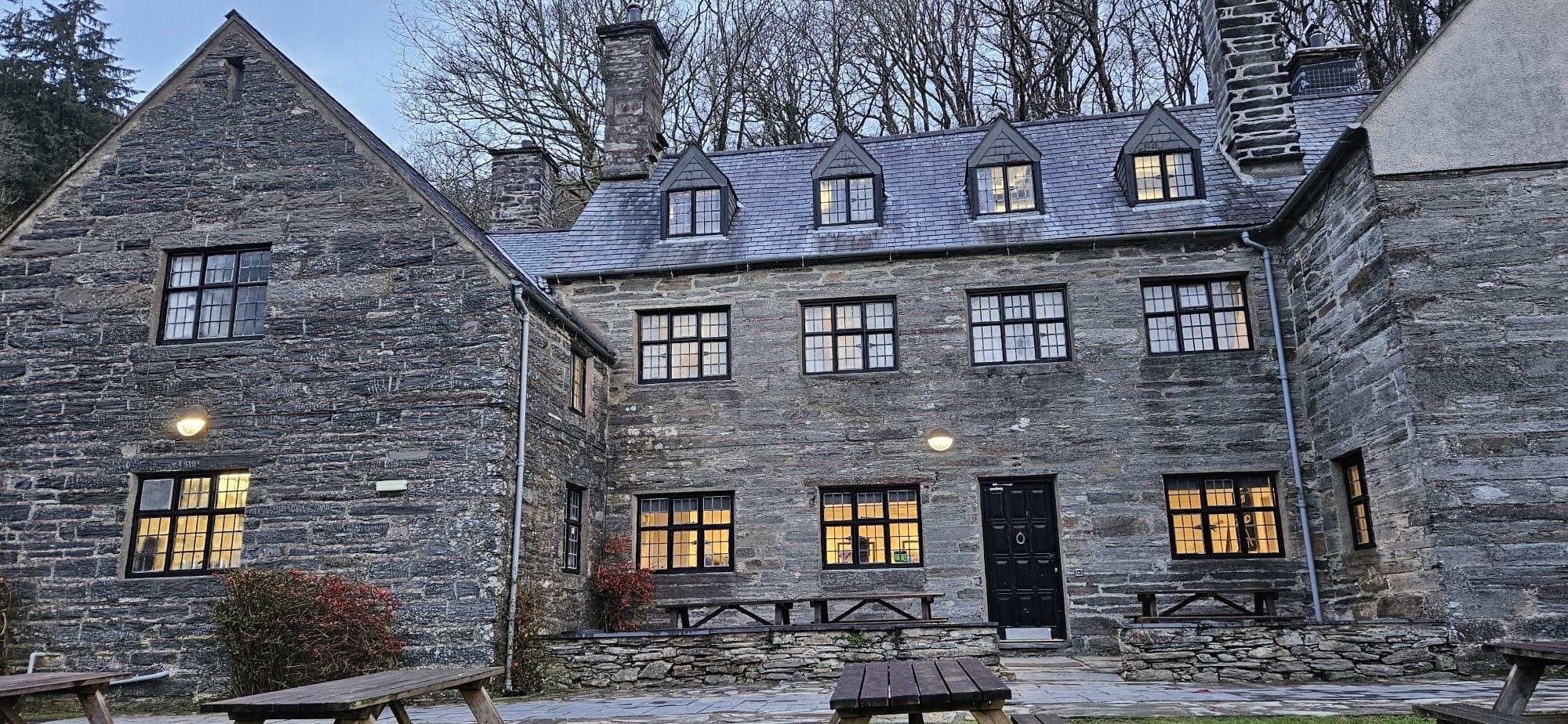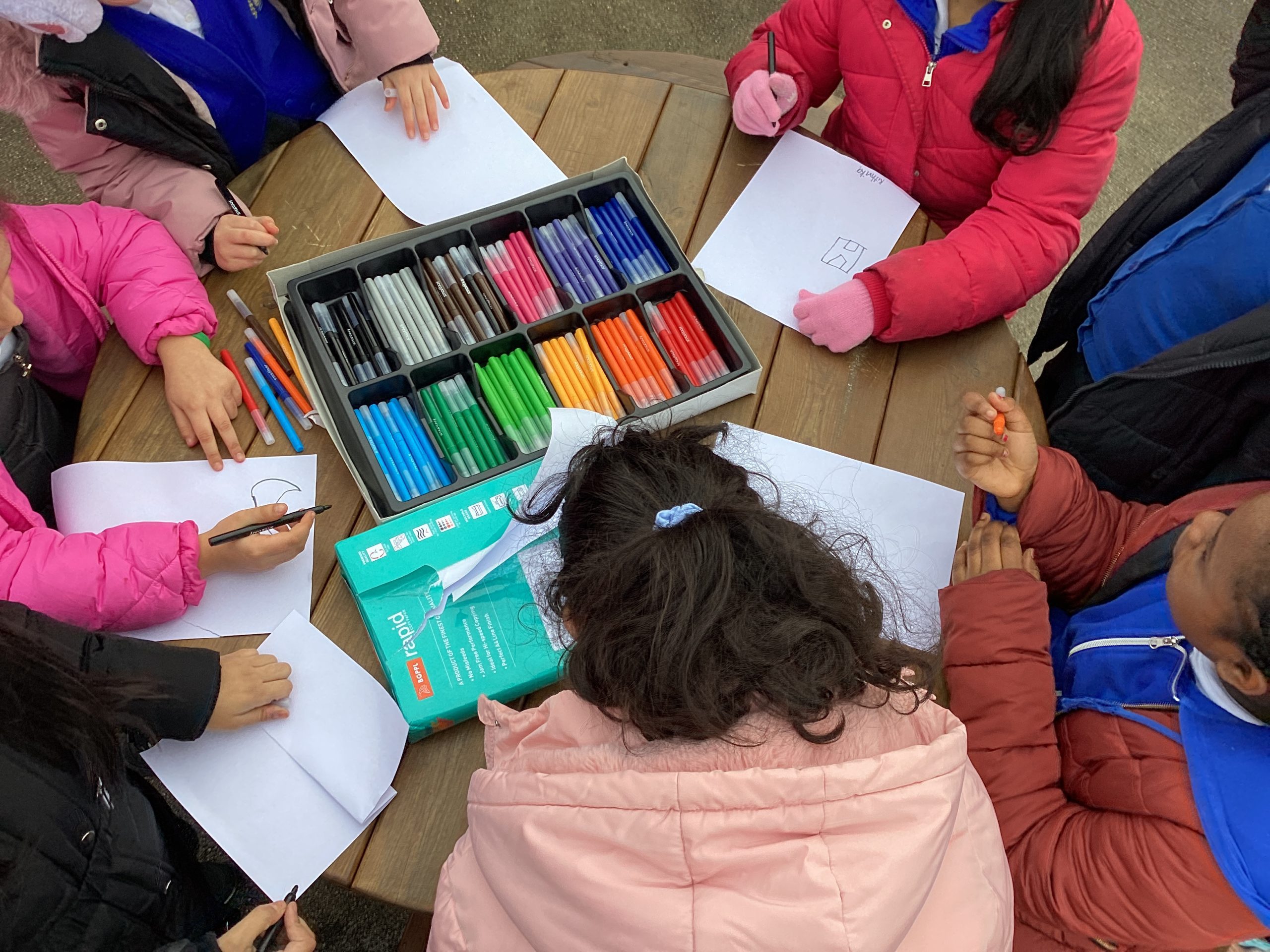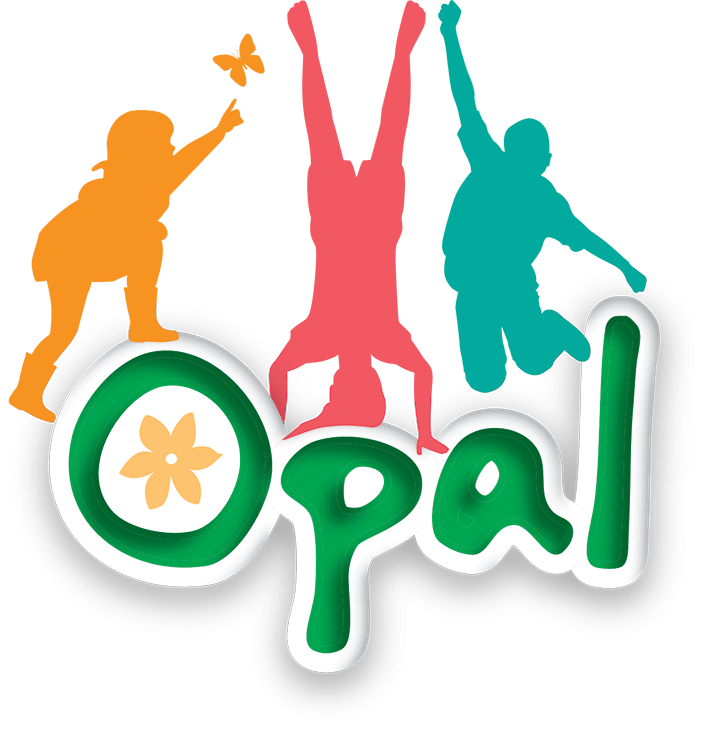Year 6 had an amazing time at Dol-Y-Moch and made memories that will last them a life time!...
Read MoreOPAL - Outdoor Play & Learning

At Gosford Park we have been thinking about how playtimes are for our children. In November 2023 we started to work with the not-for-profit, OPAL (Outdoor Play and Learning), to improve playtimes for all pupils. We have started to look at play as a subject in itself, planning for play in very much the same way we would look at english or maths.
The OPAL ethos is that playtimes should be active, creative and involve activities that are freely chosen and directed by the child. It encourages the use of ‘loose parts’ in playtimes: open-ended materials that children can move and use in different ways, such as boxes, crates, sheets, pipes, log rounds, buckets, and blocks.
We will allow children to make full use of our site — including our large field, two playgrounds and meadow — in all seasons and weathers, provided they have the right footwear and clothing. This means they will need to be wearing wellies to play on the field/grass areas in wetter months. To ensure equal access to play, we have a ‘welly shed’.
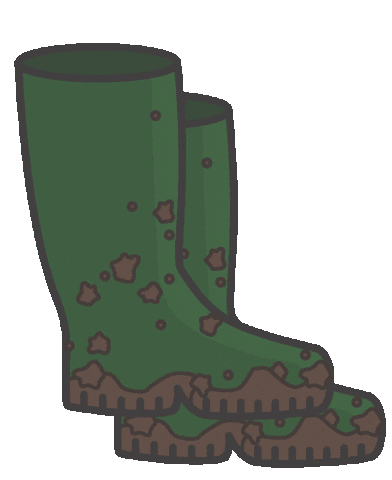
Why is play so important?
During the last few years our pupils have lost out on lots of opportunities for play and cooperation. We have seen an increase in the number of pupils who are finding it difficult to form strong friendships, communicate their thoughts effectively and resolve conflicts when they arise. Through our OPAL play work we are beginning to notice an impact on these areas.
Incredibly, children in British primary schools spend 20% (the equivalent of 1.4 years) of their time at school in play, so it’s a really important part of the school day. Through their play, all children encounter, explore and make sense of the world and their place within it. Play can improve a child’s:
- health and wellbeing
- cognitive development
- social development
- understanding of risk and challenge
- resilience and character.
When they are really playing, children will use their entire body and exercise every part of their mind.
The OPAL programme rationale is that “…better, more active and creative playtimes can mean happier and healthier children. And having happier, healthier, more active children usually results in a more positive attitude to learning in school, with more effective classroom lessons, less staff time spent resolving unnecessary behavioural problems, fewer playtime accidents, happier staff and a healthier attitude to life.”
How we are improving playtimes
We are working with OPAL and their play experts to improve our playtimes gradually over the next 18 months and onwards.
Over the next few months making the following improvements:
- All children are accessing the school grounds
- Tyres & crates
- The loose parts shed for everything to be stored in
- Having our school council be ‘play detectives’ so that they can film and photograph interesting and creative play to share in our play assemblies
- Added dinosaurs, lego and other small parts to our play shed
- Reaching out to the local community for any spare slides, dolls, barbies, dinosaurs, lego and other durable toys.

What is a Forest School?
Forest school is a child centred experiential education approach to outdoor learning. It takes a holistic approach to learning developing emotional, social, spiritual, and intellectual skills through a connection with nature.
Risk benefit is central to Forest School as children learn through exploration and curiosity, building resilience and confidence through problem solving and facing challenges.
Six Principles of Forest School
- Forest School is a long-term process of regular sessions, rather than one-off or infrequent visits; the cycle of planning, observation, adaptation and review links each session.
- Forest School takes place in a woodland or natural environment to support the development of a lifelong relationship between the learner and the natural world.
- Forest School uses a range of learner-centred processes to create a community for being, development and learning.
- Forest School aims to promote the holistic development of all involved, fostering resilient, confident, independent and creative learners.
- Forest School offers learners the opportunity to take supported risks appropriate to the environment and to themselves.
- Forest School is run by qualified Forest School practitioners,.
Outdoor Curriculum
Taking the curriculum outdoors can have a beneficial impact on the learning and development of pupils. This includes enhancing problems solving skills to communication and resilience, outdoor learning provides endless opportunities for exploration, experimentation, and contextual learning.
Our school grounds are used to enrich all subjects in the curriculum and help teaching to be broad and relevant. Our school grounds have a variety of environments to use, and all children have regular lessons outside.
Outdoor Curriculum
Taking the curriculum outdoors can have a beneficial impact on the learning and development of pupils. This includes enhancing problems solving skills to communication and resilience, outdoor learning provides endless opportunities for exploration, experimentation, and contextual learning.
Our school grounds are used to enrich all subjects in the curriculum and help teaching to be broad and relevant. Our school grounds have a variety of environments to use.
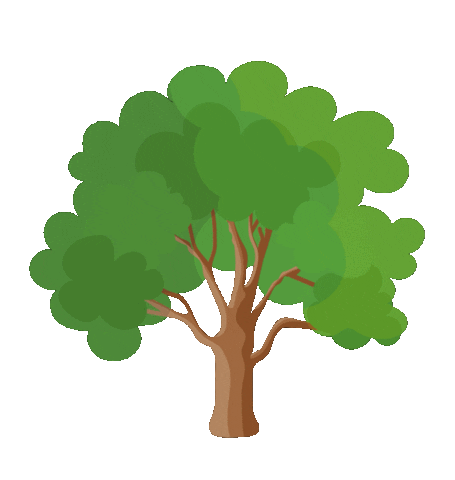
Latest OPAL & Outdoor Learning Posts
OPAL program was launched on Tuesday morning with the theme, ‘try anything’
This week we have started to make changes to our lunchtime provision. Our OPAL program was launched on...
Read MoreWhat is OPAL?
At Gosford Park we have been thinking about how playtimes are for our children. In November 2023 we...
Read MoreGosford Park Primary School
Humber Avenue,
Stoke,
Coventry,
CV1 2SF (if using a satnav, use postcode CV1 2DD)
Tel. 02476 223281
